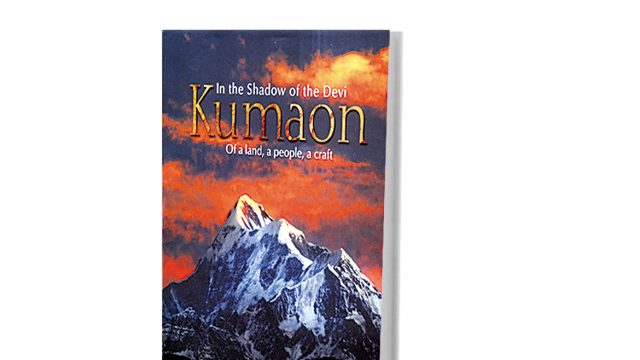Unlike other areas of the Himalaya, the culturally important Western Himalaya, stretching all the way from Kashmir to Kumaon, has largely been ignored. To this end, Manju Kak’s Kumaon is a welcome change. Kak wears many hats, and is, among other things, a scholar of history, fiction writer and documentary filmmaker. Kumaon seeks to give a full account of the eastern cultural region of Uttarakhand, squeezed between Garhwal in the west and Nepal in the east. Kak explores the geography, cultural traditions, architecture, the tribes and castes of the region, as well as religion. The last aspect is one of immense importance not just to the self-image of Kumaonis but also on the way the rest of the country sees the region. Although Uttarakhand is increasingly becoming more popular as a site for adventure sports, the region is still devbhumi.


And while Garhwal dominates the religious imagination, Kumaon fulfills the role with the cult of Nanda Devi, the mountain which is a goddess. While Kak goes into some detail in explicating the importance of the goddess to the Kumaonis, she doesn’t really investigate the animist-tribal origins of the cult. Similarly, while Kak acknowledges the unique Tibetan connect of the Bhotias and the importance of Buddhism to the region before being superseded by Hinduism, neither is subjected to any detailed treatment. The standout section is that of Kumaon’s wood-carving tradition, now a vanishing art. The section on pahari women and the one on the region’s environment also make for compelling reading.
Kumaon serves as a pretty good introduction to the region, despite the often-shoddy production quality of the coffee table book.




